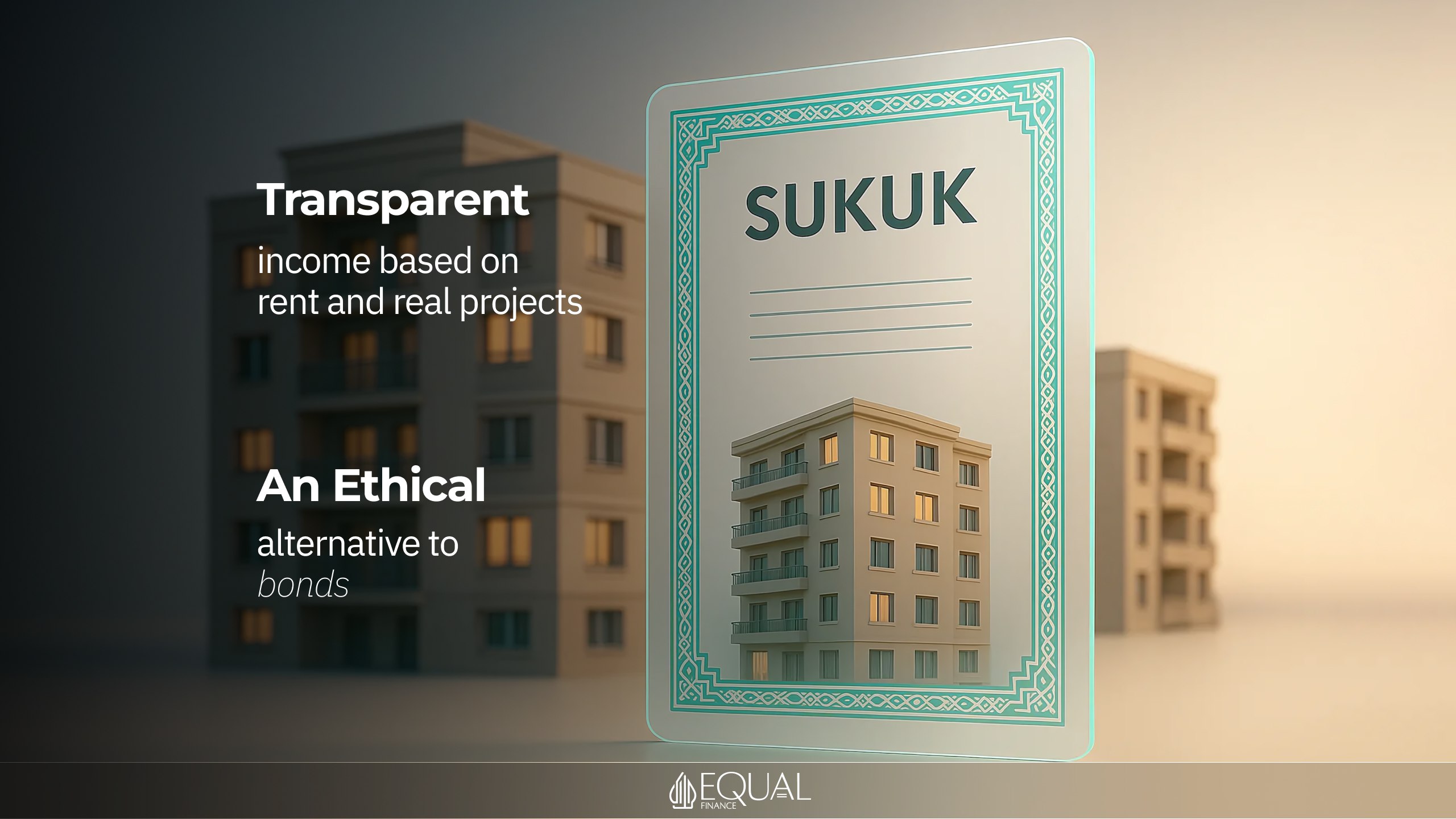What Are Sukuk?
Sukuk are Islamic financial instruments, a form of Sharia-compliant securities akin to bonds, rooted in the Quran and the Prophet Muhammad’s teachings. Unlike conventional debt tools, they grant ownership in tangible assets—real estate, infrastructure, or equipment—rather than promising interest-based returns. This structure avoids riba (interest), aligning with Islamic prohibitions, and ties income to asset performance. Sukuk were designed for Muslims seeking halal investments, yet their ethical appeal draws a broader global audience.
Issued by governments, banks, or corporations, sukuk are vetted by Sharia boards to ensure compliance with Islamic law. Their reach extends beyond Muslim-majority nations to financial hubs like London, Dubai, and New York, reflecting their growing prominence. The concept traces back to early Islamic trade, where partnerships funded ventures without violating religious principles. Modern sukuk emerged in the late 20th century as a response to the need for Sharia-aligned financial alternatives.
The first major issuance occurred in 1990 in Malaysia, with Shell MDS raising $125 million for a petrochemical project, marking a milestone for the market. By 2022, global sukuk issuances hit roughly $160 billion, per S&P Global, driven by demand for stable, asset-backed investments. Their growth reflects a shift toward ethical finance, resonating with investors during economic uncertainty. Sukuk bridge faith and finance, offering a transparent, real-economy-linked option.
How Do Sukuk Work?
Sukuk operate as co-ownership instruments, not debt contracts, distinguishing them from traditional securities. Investors buy certificates representing a stake in a specific asset—like an airport, power plant, or housing development—earning returns from its profits or rent. Unlike fixed interest, payouts depend on the asset’s success, adhering to Sharia’s ban on riba. An issuer sets up a special purpose vehicle (SPV) to own the asset and issue sukuk to the market.
Investors receive periodic distributions tied to project outcomes, and at maturity, the asset may be sold or returned to the issuer. Sharia boards oversee the process, ensuring no speculation (maisir) or uncertainty (gharar) taints the structure. For instance, Saudi Arabia’s $9 billion sukuk in 2017 funded infrastructure, with investors profiting from state asset leases rather than interest. This real-world linkage enhances sukuk’s reliability and appeal in volatile times.
The mechanics vary by asset type and purpose—some sukuk finance agricultural equipment leased to farmers, others back urban development. Unlike conventional tools with guaranteed returns, sukuk tie income to market conditions and management efficiency. This introduces risk but aligns with ethical investing principles, resonating with those prioritizing values over certainty. Historical examples, like Malaysia’s early sukuk for industrial growth, show their practical impact on economies.
Types and Features of Sukuk
Sukuk come in multiple forms, each tailored to specific financial needs while adhering to Sharia guidelines. Mudaraba is a partnership model: investors supply capital, the issuer manages it, and profits are split accordingly. Musharaka involves joint ownership, sharing risks and rewards based on contributions. Ijara, a prevalent type, relies on leasing—investors earn from rental payments tied to assets like property or vehicles.
Salam finances future goods with upfront payments, often used in agriculture, while murabaha offers cost-plus financing without interest. These structures avoid prohibited elements like riba, providing flexibility across industries. In 2021, Indonesia issued $750 million in «green» sukuk for eco-projects, highlighting their adaptability to modern demands. Their diversity appeals to ethical investors globally, beyond just Muslim communities.
Each sukuk type carries distinct risk and return profiles—ijara offers steady rental income, while mudaraba promises higher but less predictable gains. In energy, sukuk fund solar farms; in education, they build schools, showcasing versatility. Sharia rules mandate assets steer clear of haram sectors like alcohol or gambling, adding transparency. Standards from bodies like AAOIFI ensure consistency, boosting trust in the market.
How to Invest in Sukuk?
Investing in sukuk is accessible via banks, brokers, or platforms like Bursa Malaysia, Nasdaq Dubai, or the London Stock Exchange. Start by opening an account with a provider offering Sharia-compliant options, now common among major financial firms. Choose a sukuk issuance based on your goals—steady rental income or growth from partnerships—and review the asset details. Risks differ from traditional securities: returns hinge on project performance, not fixed promises, requiring due diligence.
Entry thresholds range from $1,000 for retail investors to millions for institutions, with ETFs like iShares Sukuk ETF easing access in the West. Advisors familiar with Islamic finance can clarify terms, especially for newcomers navigating Sharia nuances. Liquidity varies—sukuk’s secondary market lags behind other securities, potentially complicating early exits. Platforms like IdealRatings offer insights into available sukuk and their ratings, aiding decisions.
In 2020, Malaysia’s $800 million sukuk supported its pandemic-hit economy, drawing diverse investors with its stability. Digital tools and banks like HSBC Amanah now cater to retail clients, broadening reach. Understanding sukuk’s asset-backed nature is key to balancing risk and reward in your portfolio. Their growing presence makes them a viable diversification option for ethical-minded investors.
Why Are Sukuk Growing in Popularity?
Sukuk’s rise stems from demand by 1.8 billion Muslims seeking halal investment avenues compliant with their faith. Their ethical framework—no speculation, no haram ties—appeals to non-Muslims valuing sustainable finance. During the 2008 crisis, sukuk weathered volatility better than speculative markets, thanks to real asset backing. This resilience has cemented their reputation as a dependable choice amid economic shifts.
The market hit $160 billion in 2022 (S&P Global), propelled by leaders like Malaysia, the UAE, and Saudi Arabia. Western players like Goldman Sachs and the UK (with its £200 million sukuk in 2014) have joined, elevating their global profile. The World Bank’s backing, through funding and research, fuels expansion into new regions. Innovations like «green» sukuk—$500 million from the UAE in 2023 for renewables—align them with eco-trends.
Digital platforms like Blossom Finance democratize access, letting small investors join via online tools. Sukuk’s role in major projects—railways, hospitals—positions them as development drivers, especially in emerging markets. Regulatory support from central banks in Malaysia and Bahrain ensures market stability. Collectively, these factors transform sukuk into a mainstream financial force, blending Islamic values with global needs.


